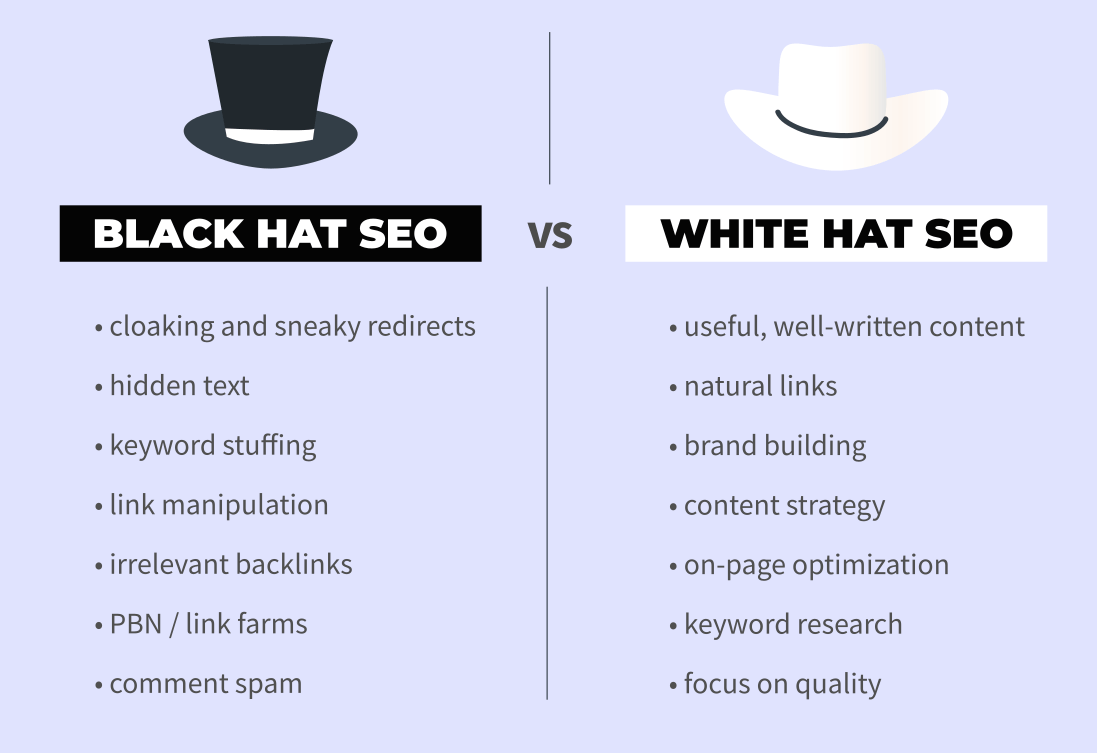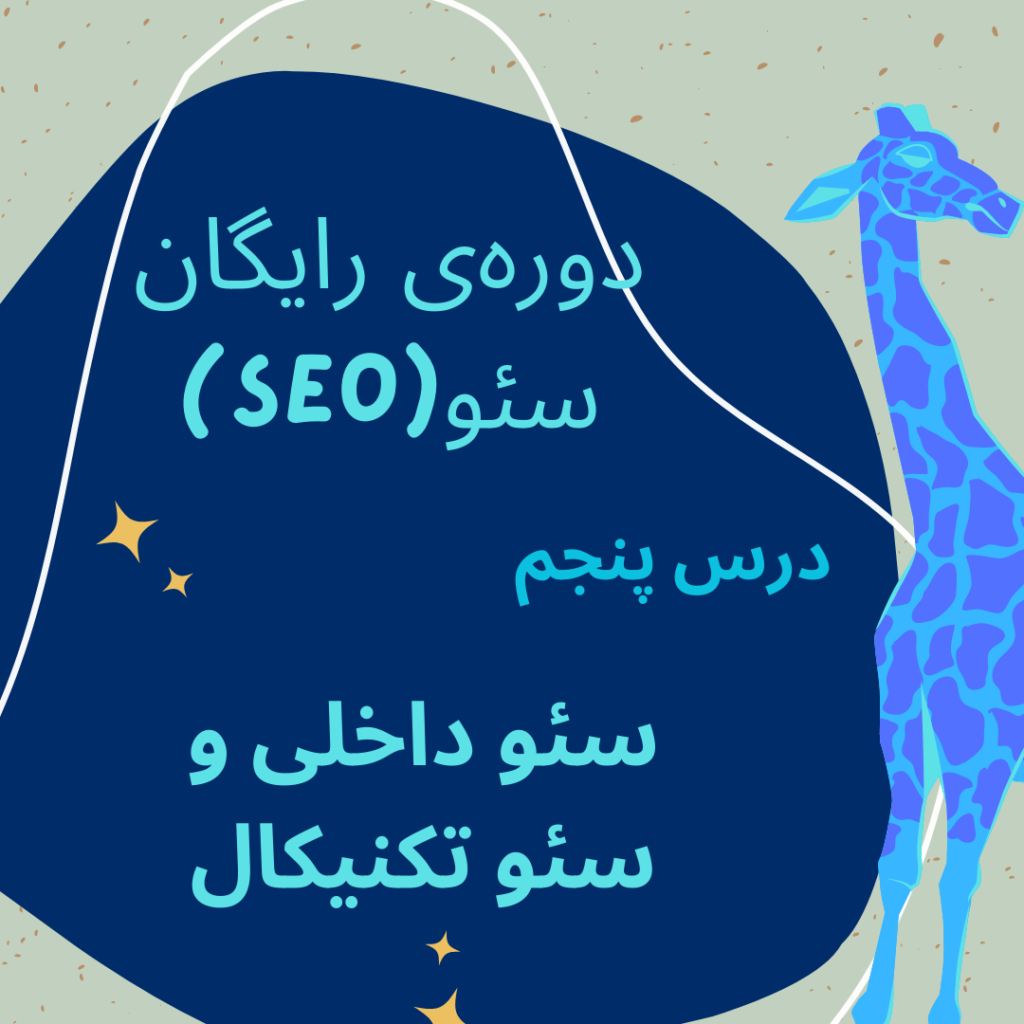Learning SEO from beginner to advanced

Before we dive into the specific techniques and aspects of SEO, let’s go over some basic definitions, terminology, and frequently asked questions about SEO. Ready? Let’s go!
| Guide to this article (Click on the title links below to jump to the article you want!) |
What is SEO?
Search engine optimization (SEO) is the process of optimizing your website with the goal of improving your ranking in search results and receiving more organic (non-paid) traffic. The history of SEO dates back to the 90s when search engines first emerged. Today, it is an essential marketing strategy and a growing industry. Search engine optimization focuses only on organic search results and does not include PPC optimization. Both SEO and PPC are part of search engine marketing.

Types of visibility in search engines: SEO, PPC
Search engines are used by internet users when they are searching for something and you want to provide answers to those searches. Whether you sell a product or service, write a blog, or anything else, search engine optimization is essential for every website owner.
Simply put:
SEO is all the steps you take to make Google consider your website a quality resource and rank it for your desired searches.
Note: Although SEO stands for “Search Engine Optimization”, given Google’s current dominance, we can simply use the term “Google Optimization”. For this reason, all of the tips and techniques in this guide are primarily about Google SEO, although many are universal and can be applied to optimization for any other search engine.
SEO is like a peach in your throat!
You don’t need to know all the factors and the exact algorithms that Google uses to rank your website. But you do need to cover the key components of SEO to be successful. An easy way to understand the three most important factors is this: Imagine a bowl of soup called SEO soup!

3 important factors in website SEO: backlinks, content, technical SEO
There are three key factors in SEO:
- Technical (SEO Technical – On-page SEO): The bowl represents all the technical aspects you need to cover (often referred to as technical SEO or on-page SEO). Without a proper bowl, there will be nothing to hold the soup.
- Great Content: The soup represents the content of your website, which is the most important part. Low quality content = no good ranking.
- Quality Backlinks: Backlinks increase the authority of your website. You can have great content and a fully optimized website, but ultimately, you need to gain power by getting quality backlinks, the last ingredient to complete your SEO soup is nothing but backlinks.
Useful words
As soon as you start researching SEO, you will come across common terms that try to categorize its different aspects or approaches, in other words:
- On page SEO & Off page SEO
- Black hat SEO & White hat SEO
Although they are not of much practical importance, it is good to know what they mean.
On-page SEO and off-page SEO
The terms on-page and off-page SEO categorize SEO activities based on whether you do them on your website. On-page SEO is anything you can do on your website, from content optimization to technical aspects.
- Keyword research
- Content optimization
- Title tag optimization
- Optimizing page performance
- Internal linking
The goal is to provide both complete content and UX (user experience) while also showing search engines what the page is about.
Note: The terms on-page SEO and technical SEO are sometimes used interchangeably, and are sometimes used to distinguish between content-related optimization (e.g. title tags) and technical-oriented optimization (e.g. page speed).
Off-page SEO is more about getting quality backlinks to show search engines that your website has authority and value. Link building may include techniques such as:
- Blogging on other sites
- Contact by email
- Broken link building
Off-page SEO is also closely linked to other areas of online marketing, such as social media marketing and branding, which have an indirect impact on building trust and credibility for your website. Remember that a successful SEO strategy includes both on-page and off-page SEO activities.
White Hat SEO vs. Black Hat SEO
Black hats and white hats have their roots in Western movies. They represented the good guys and the bad guys. In SEO, these terms are used to describe two groups of SEOs: those who adhere to the rules set by Google’s Webmaster Guidelines and those who don’t.
Black hat SEO is a set of unethical (and usually spammy) methods to improve the ranking of a website. These techniques can get you to the top of search results in a short period of time, however, search engines will likely penalize and ban the website sooner or later.

سئو کلاه سفید و سئو کلاه سیاه
On the other hand, white hat SEO refers to all conventional SEO techniques that adhere to guidelines and rules. It is a long-term strategy where good rankings are a byproduct of good optimization, quality content, and a user-centric approach. While SEO experts believe that “white hat” SEO is the right way to go, there are different opinions on the acceptability of various link building techniques (including buying links).





